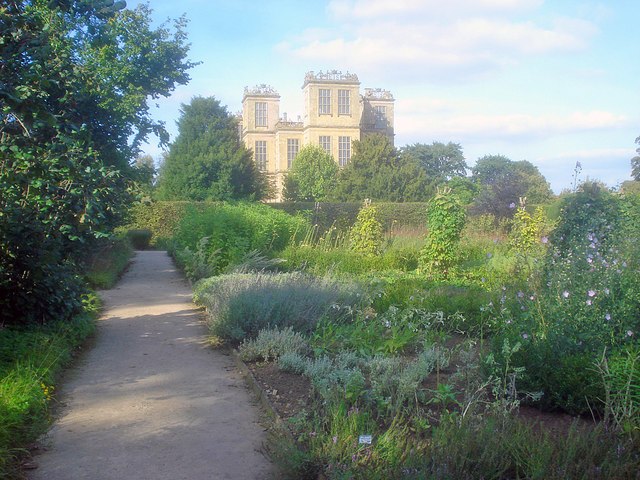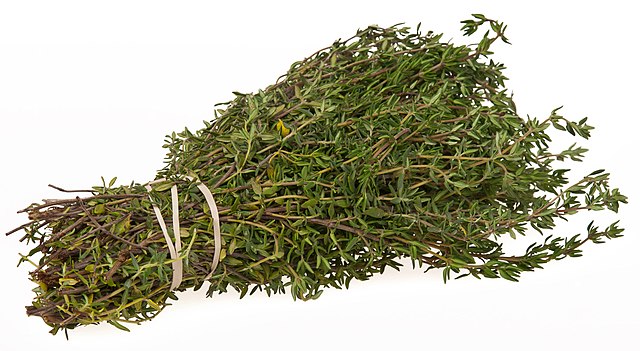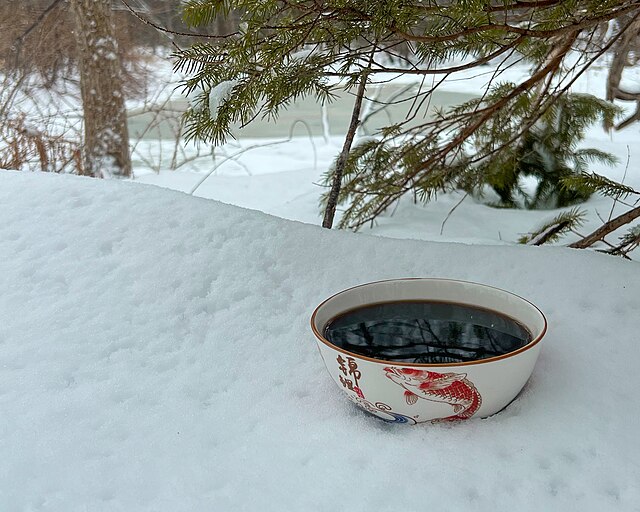Prehistoric medicine is any use of medicine from before the invention of writing and the documented history of medicine. Because the timing of the invention of writing per culture and region, the term "prehistoric medicine" encompasses a wide range of time periods and dates.
A skull showing evidence of trepanning
Herbs such as rosemary may have been used for medical purposes by prehistoric people.[which?]
Yup'ik shaman exorcising evil spirits from a sick boy
In general use, herbs are a widely distributed and widespread group of plants, excluding vegetables and other plants consumed for macronutrients, with savory or aromatic properties that are used for flavoring and garnishing food, for medicinal purposes, or for fragrances. Culinary use typically distinguishes herbs from spices. Herbs generally refers to the leafy green or flowering parts of a plant, while spices are usually dried and produced from other parts of the plant, including seeds, bark, roots and fruits.
A variety of herbs are visible in this garden, including mint.
Herb garden at Hardwick Hall, Derbyshire, England, originally planted in the 1870s by Lady Louisa Egerton, recreated by the National Trust, largely following the original design.
A bundle of thyme (Thymus)
A traditional Chinese decoction (湯劑/汤剂), using Chinese herbs


![Herbs such as rosemary may have been used for medical purposes by prehistoric people.[which?]](https://upload.wikimedia.org/wikipedia/commons/thumb/7/78/Rosmarino_fiori.jpg/640px-Rosmarino_fiori.jpg)




